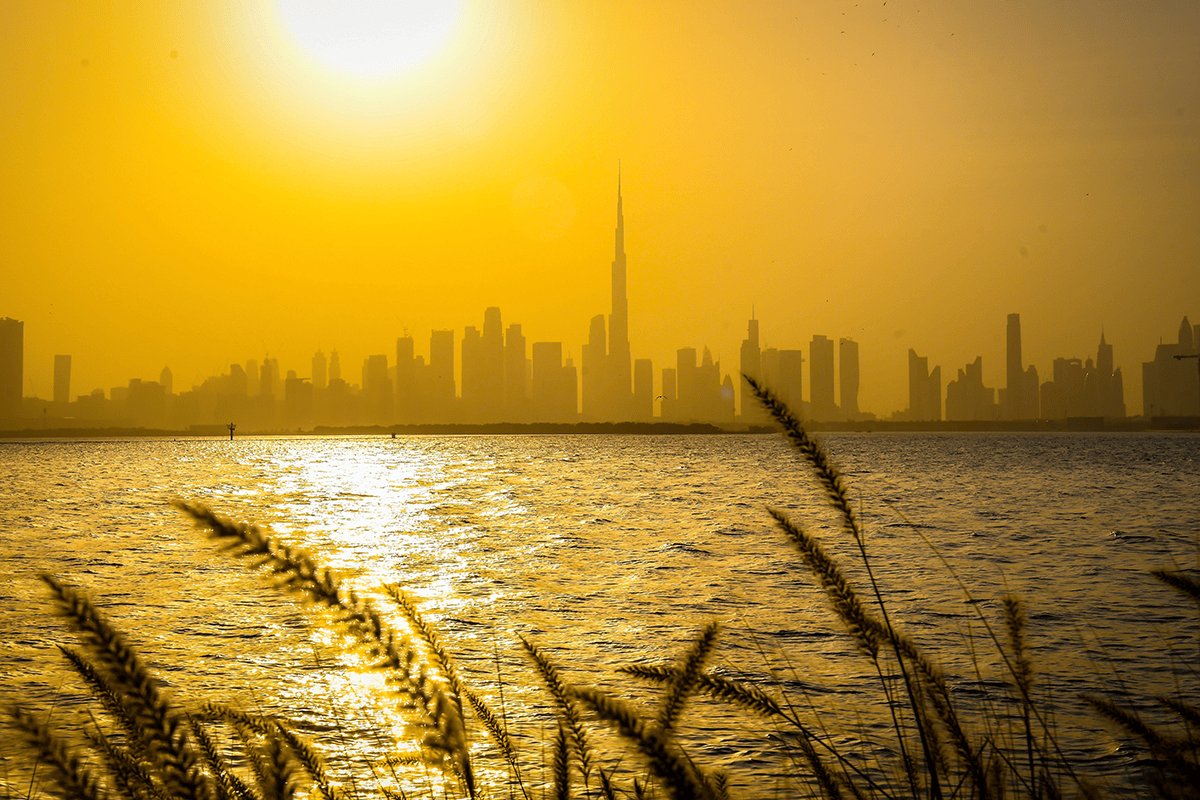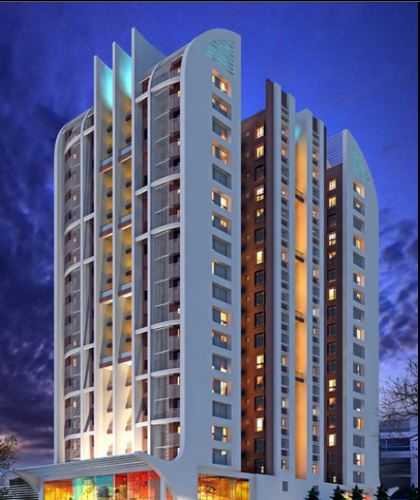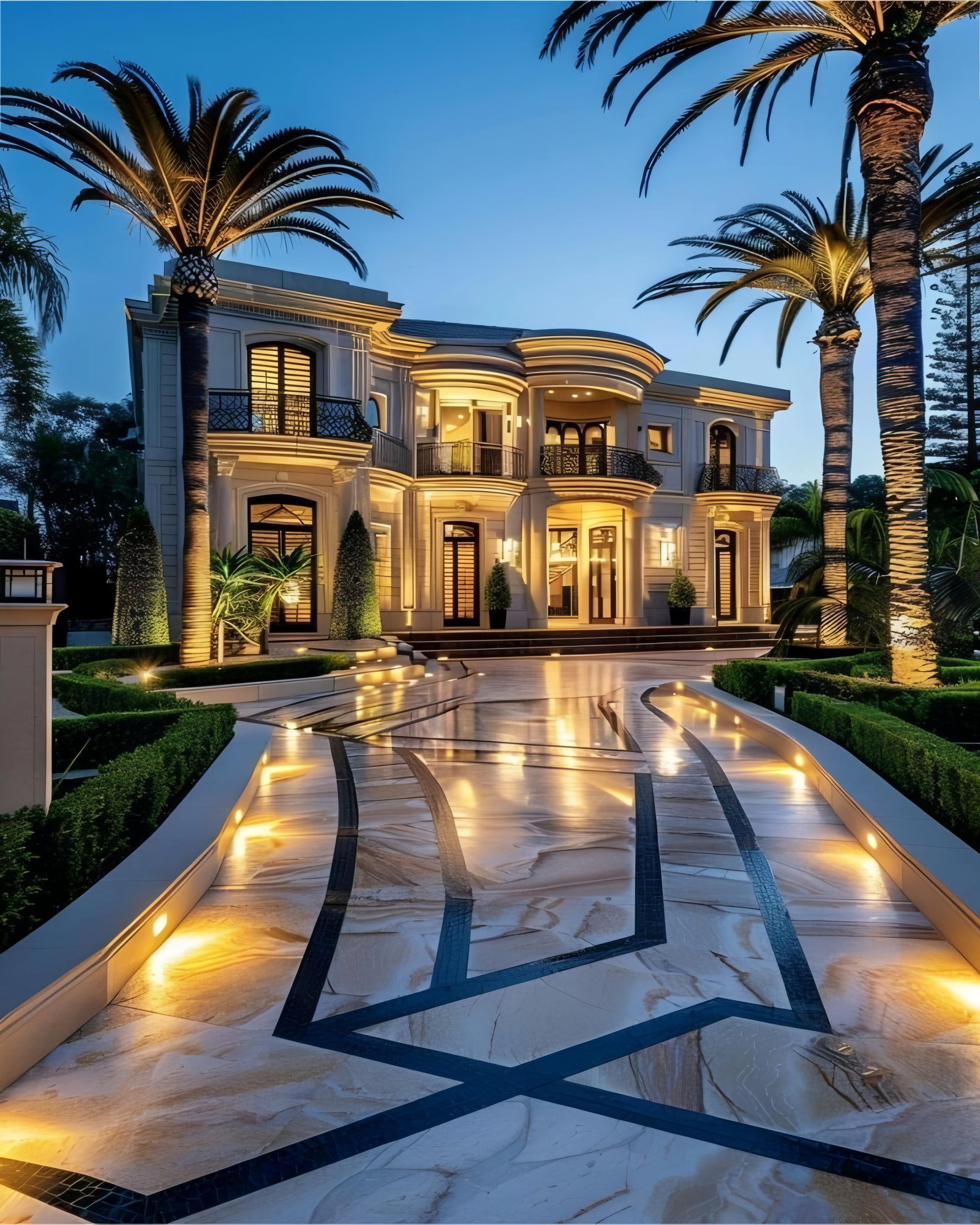
Dubai Real Estate: Property Market Records 10% Annual Growth Despite August Dip
At Harpreet Real Estate LLC, we see this growth not as an isolated number, but as part of a bigger story a story of investor confidence, lifestyle appeal, and Dubai’s strategic ability to reinvent itself. Let’s explore what’s fueling this surge, who the key players are, and what the future might hold.
Why Dubai’s Property Market Is Still Booming
When a market posts double-digit annual growth while others around the world face uncertainty, it’s worth asking: what makes Dubai different?
For starters, the fundamentals are strong. In 2023 and 2024, Dubai real estate transactions hit record highs, crossing AED 400 billion in value. That momentum carried into 2025. Yes, August saw a slowdown partly seasonal, partly due to global market jitters but when you zoom out, the year-on-year trend is unmistakable: Dubai remains firmly in growth mode.
The secret lies in a mix of financial, social, and lifestyle advantages:
Investor-friendly visa reforms (like the 10-year Golden Visa).
No property or capital gains taxes, keeping Dubai competitive with global markets.
Diverse inventory, from waterfront villas to affordable apartments.
Lifestyle appeal, blending luxury living with global connectivity.
A resilient economy, which continues to expand despite global headwinds.
These elements combine to keep Dubai real estate investment firmly on the radar of global investors, HNWIs, and families seeking security.
The August Dip: Seasonal or Structural?
Real estate markets often see cyclical slowdowns, and Dubai is no exception. The August dip in transactions has sparked conversation, but the reasons are largely seasonal:
Many international buyers travel during the summer.
Developers hold back major launches until September or October.
Domestic demand typically softens as residents escape the summer heat.
Viewed in context, the dip looks more like a pause than a problem. The bigger story is the 10% annual growth, which suggests the market remains fundamentally strong.
The Role of HNW Investors
Saudis Leading the Charge
Saudi investors remain one of the most active buyer groups in Dubai property. Proximity, shared cultural ties, and Dubai’s cosmopolitan appeal make the city a natural choice for Saudi HNWIs. Many are drawn to:
Ultra-luxury villas on Palm Jumeirah.
Branded residences in Downtown Dubai.
Second homes that double as investment assets.
For Saudis, Dubai isn’t just about wealth preservation it’s about lifestyle elevation.
Indian Buyers: A Steady Force
Indian investors in Dubai have historically been among the largest foreign buyer segments, and 2025 is no different. For Indian HNWIs and NRIs, Dubai offers:
High rental yields compared to Indian metros.
Accessibility just a short flight from Mumbai or Delhi.
A sense of community, with one of the largest Indian diasporas in the Gulf.
Together, Saudi and Indian investors represent a backbone of stability, while newer groups like British and European buyers add fresh momentum.
Off-Plan and Secondary Markets: Dual Engines of Growth
One of Dubai’s unique strengths is the balance between its off-plan (under-construction) and secondary (ready) property markets.
Off-plan surge: Flexible payment plans and attractive pricing have made off-plan projects hugely popular with HNWIs and younger investors alike. Communities like Dubai Creek Harbour and Jumeirah Village Circle are seeing strong off-plan activity.
Secondary strength: Established communities such as Dubai Marina and Arabian Ranches continue to thrive, with strong resale demand and high rental occupancy.
This duality makes the Dubai property market more resilient, providing options for every investor profile.
Why Investors Still Trust Dubai
A 10% growth rate during times of global volatility says one thing clearly: investors trust Dubai. But why?
1. Visa Reforms That Attract Capital
The Golden Visa and other long-term residency options have turned property ownership into more than just an asset it’s a pathway to secure living.
2. Tax-Free Advantage
In London or New York, taxes eat into rental yields and capital gains. In Dubai, what you earn is largely yours to keep.
3. Lifestyle as an Investment
From luxury shopping to pristine beaches and Michelin-starred dining, Dubai isn’t just a place to live it’s an experience. For HNW investors in Dubai, lifestyle is often as important as ROI.
4. Expo Legacy and Infrastructure
Expo 2020 may be over, but its impact continues. New transport links, smart communities, and global recognition have permanently lifted Dubai’s profile.
5. Resilient Economy
Despite global economic uncertainty, Dubai’s economy has diversified, with tourism, finance, logistics, and tech all contributing to steady growth.
Risks and Realities: The Other Side of the Coin
Of course, no market is without risks, and Dubai is no exception. At Harpreet Real Estate LLC, we emphasize transparency pointing out opportunities and risks alike.
Oversupply Concerns: With so many new projects, certain mid-market segments could face pressure.
Price Corrections: Some analysts warn of a possible cooling period if supply continues to outpace demand.
Global Uncertainty: Currency fluctuations, interest rate changes, or geopolitical tensions can influence foreign investor behaviour.
These risks don’t undermine Dubai’s long-term potential, but they do highlight the need for careful planning and professional guidance.
What the Future Holds
Looking ahead, industry experts forecast continued growth in luxury, waterfront, and branded residences. Off-plan projects are expected to remain strong through 2026, especially in upcoming communities like Dubai South and MBR City.
The key takeaway? While there may be short-term fluctuations (like the August dip), the long-term trajectory of Dubai’s property market remains positive. With investor groups diversifying Saudis, Indians, British, Russians, and Europeans Dubai’s resilience is set to grow even stronger.
Harpreet Real Estate LLC: Guiding You with Trust
At Harpreet Real Estate LLC, we understand that real estate isn’t just about numbers it’s about people, aspirations, and trust. Our philosophy of credibility, honesty, and loyalty drives everything we do.
Whether you’re a Saudi investor eyeing a luxury villa, an Indian HNWI seeking rental yields, or a British buyer capitalizing on currency advantages, we are here to guide you. From curated property portfolios to transparent advice, our role is to ensure your Dubai real estate investment aligns with your goals.
Conclusion
The Dubai property market has once again shown its resilience, posting a solid 10% annual growth despite the August slowdown. This growth is not a fluke it’s rooted in strong fundamentals, diverse investor interest, and Dubai’s unmatched appeal as a global hub.
But growth also brings responsibility. Investors must balance optimism with caution, choosing wisely in a market that’s expanding fast. That’s where trusted advisors come in.
At Harpreet Real Estate LLC, we are proud to help clients navigate Dubai’s property boom with clarity, confidence, and a long-term vision. Because in Dubai, real estate isn’t just about buying a home it’s about being part of one of the world’s most exciting success stories.






Leave a Reply
Comments